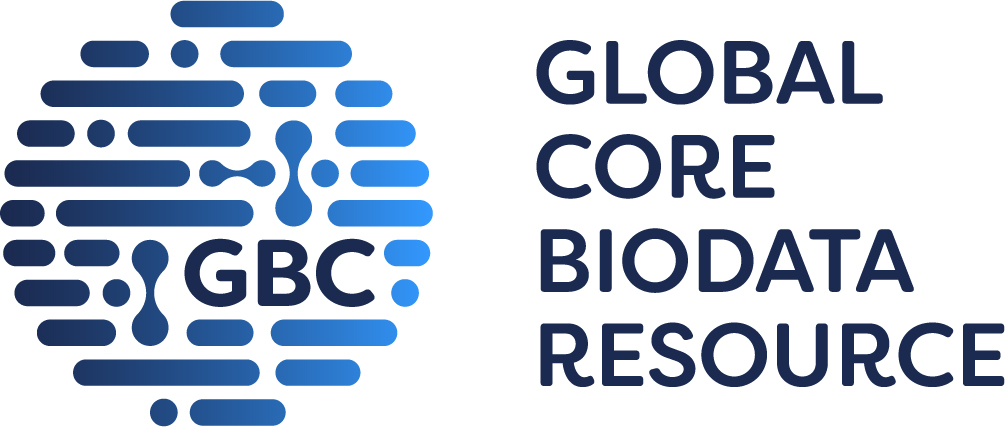
GtoPdb is requesting financial support from commercial users. Please see our sustainability page for more information.
ABCD subfamily of peroxisomal ABC transporters C
Unless otherwise stated all data on this page refer to the human proteins. Gene information is provided for human (Hs), mouse (Mm) and rat (Rn).
Overview
Peroxisomes are indispensable organelles in higher eukaryotes. They are essential for the oxidation of a wide variety of metabolites, which include: saturated, monounsaturated and polyunsaturated fatty acids, branched-chain fatty acids, bile acids and dicarboxylic acids [4]. However, the peroxisomal membrane forms an impermeable barrier to these metabolites. The mammalian peroxisomal membrane harbours three ATP-binding cassette (ABC) half-transporters, named ABCD1, -2 and -3. The ABCD transporters predominantly act as homodimers to transport different acyl-CoAs.
Transporters
|
ALDP (ABCD1) C Show summary » |
|
ALDR (ABCD2) C Show summary » |
|
PMP70 (ABCD3) C Show summary » |
Comments
How to cite this family page
Database page citation (select format):
Concise Guide to PHARMACOLOGY citation:
Alexander SPH, Fabbro D, Kelly E, Mathie AA, Peters JA, Veale EL, Armstrong JF, Faccenda E, Harding SD, Davies JA et al. (2023) The Concise Guide to PHARMACOLOGY 2023/24: Transporters. Br J Pharmacol. 180 Suppl 2:S374-469.








ABCD4 (ENSG00000119688, also known as PMP69, PXMP1-L or P70R) is located at the lysosome and is in involved in the transport of vitamin B12 (cobalamin) from lysosomes into the cytosol [1].